
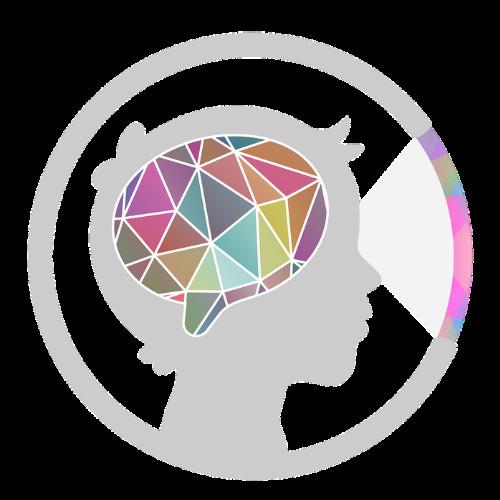


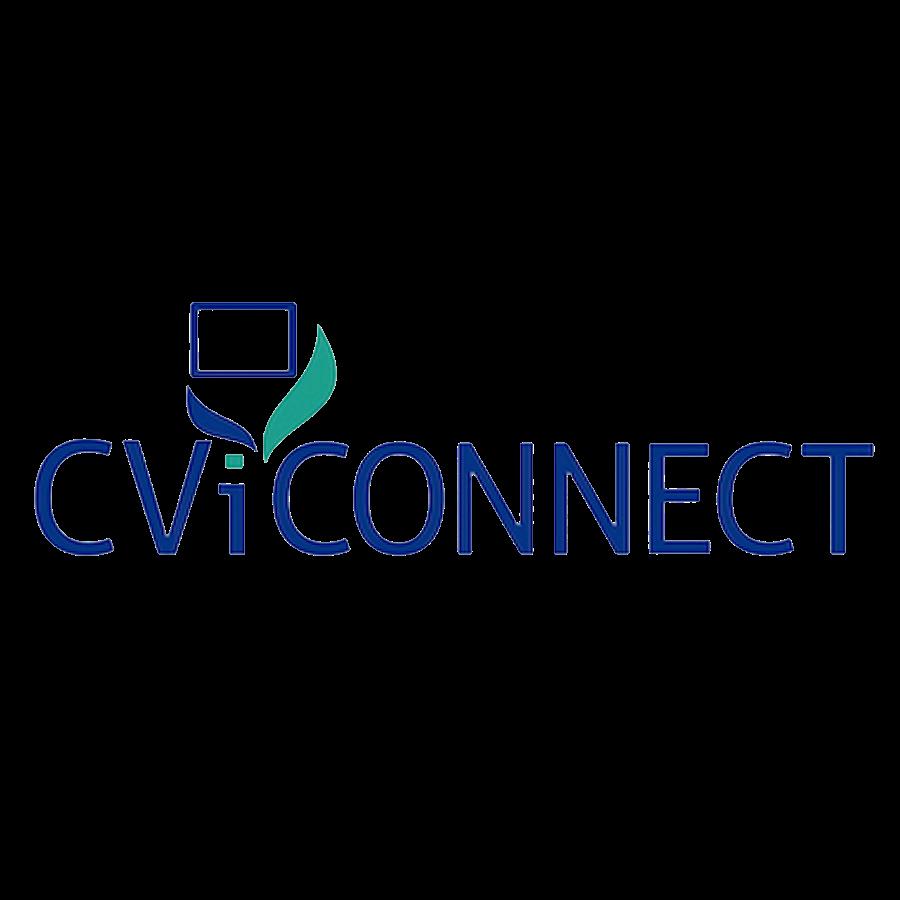

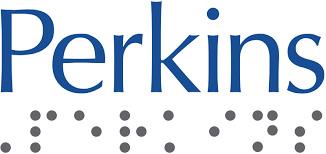





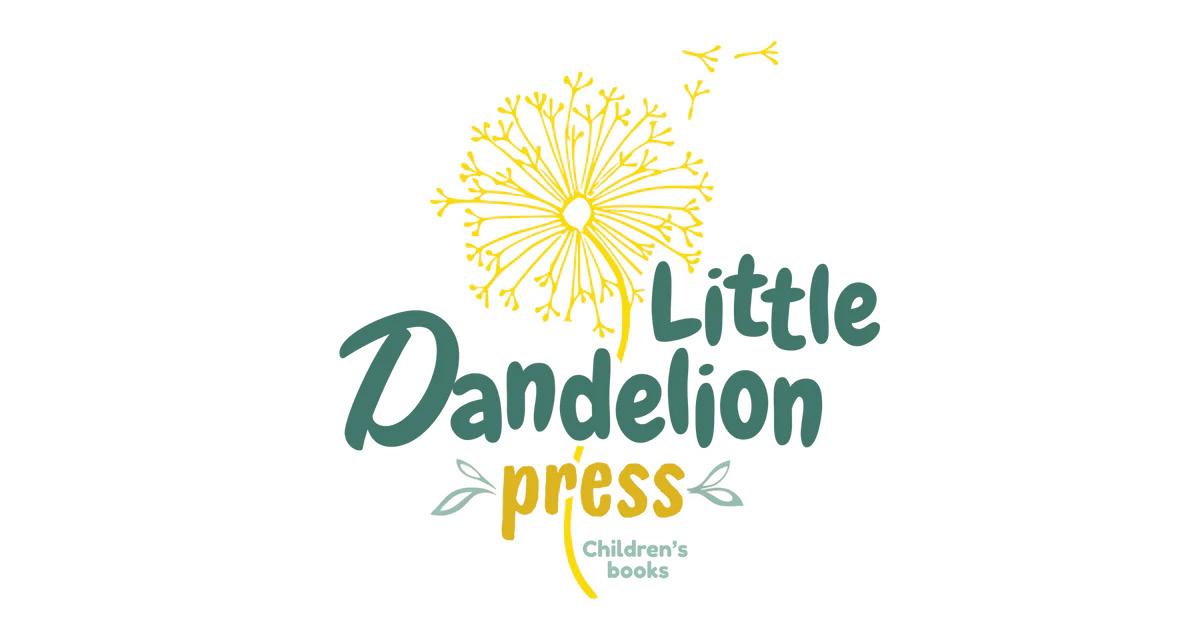














8:00 am - 8:45 am Registration & Breakfast
8:45 am - 9:00 am Welcome Remarks
9:00am - 9:45 am What's New In the CVI Medical Literature
S. Lehman, M.D.
9:45 am - 10:00 am Break
10:00 am - 11:30 am An Eye on CVI
T. McCarty, Ph.D., L. Elko, M.A., A. Painter, C. Bonacci, J. Logan, M.A., K. Pruett, M.S., T. Ficorilli
11:30 am - 11:45 am Break
11:45 am - 12:30 pm The Nebraska CVI Project
12:30 pm - 1:30 pm 1:00 pm

R. Legge, M.D., J. Rogers, B.S.
Lunch & Virtual Presentation CVI in Parasport- J. K. Rigo
1:45 pm - 2:45 pm Keynote - Red Balloon Foundation
A. Harvie and T. Sundstrom
2:45 pm - 3:00 pm Break
3:00 pm - 3:45 pm Real Talk
F. Fitzgerald, M.S., M.Ed., S. Floyd, E. Carella, G. Marquardt, Kason G., N. Weinstein, Jasper C., E. Rutherford, R. Ryan-Endicott
3:45 pm -4:30 pm Speaking the Meaning of Movements
L. Elko, M.A. & D. Sowers, Ph.D.
The Children’s Home of Pittsburgh
8:00 am - 8:45 am Registration & Breakfast
8:45 am - 9:00 am Welcome Remarks & PVP Update
9:00am - 10:30 am Dispute Resolution: Lessons Learned from Parents' Perspective
K. Hart, M.B.A., J. Marquardt, M.A., D. Marquardt
10:30 am - 10:45 am Break
10:45 am - 11:45 am Psychometric Validation of the CVI Range
M. Reid, Ph.D.
11:45 am - 12:00 pm Break
12:00 pm - 1:15 pm CVI & ABA- No Way? Yes Way!
S. Newcomb, Ph.D., K. Bade, A. Grant-Presser, M.S.
1:00 pm - 2:15 pm 1:15 pm Lunch More Than Just a Label
A. Fronek, M.S.
2:30 pm - 3:15 pm What’s Working in CVI Support
S. Steffer, B.S.
3:15 pm - 3:30 pm Break
3:30 pm -4:30 pm DBCVI - Unique Experiences
C. Russell, MS. Ed.

The Children’s Home of Pittsburgh
Pediatric Ophthalmologist
Wills Eye Hospital (Philadelphia, PA)
Nemours Children’s Hospital (Wilmington, DE)

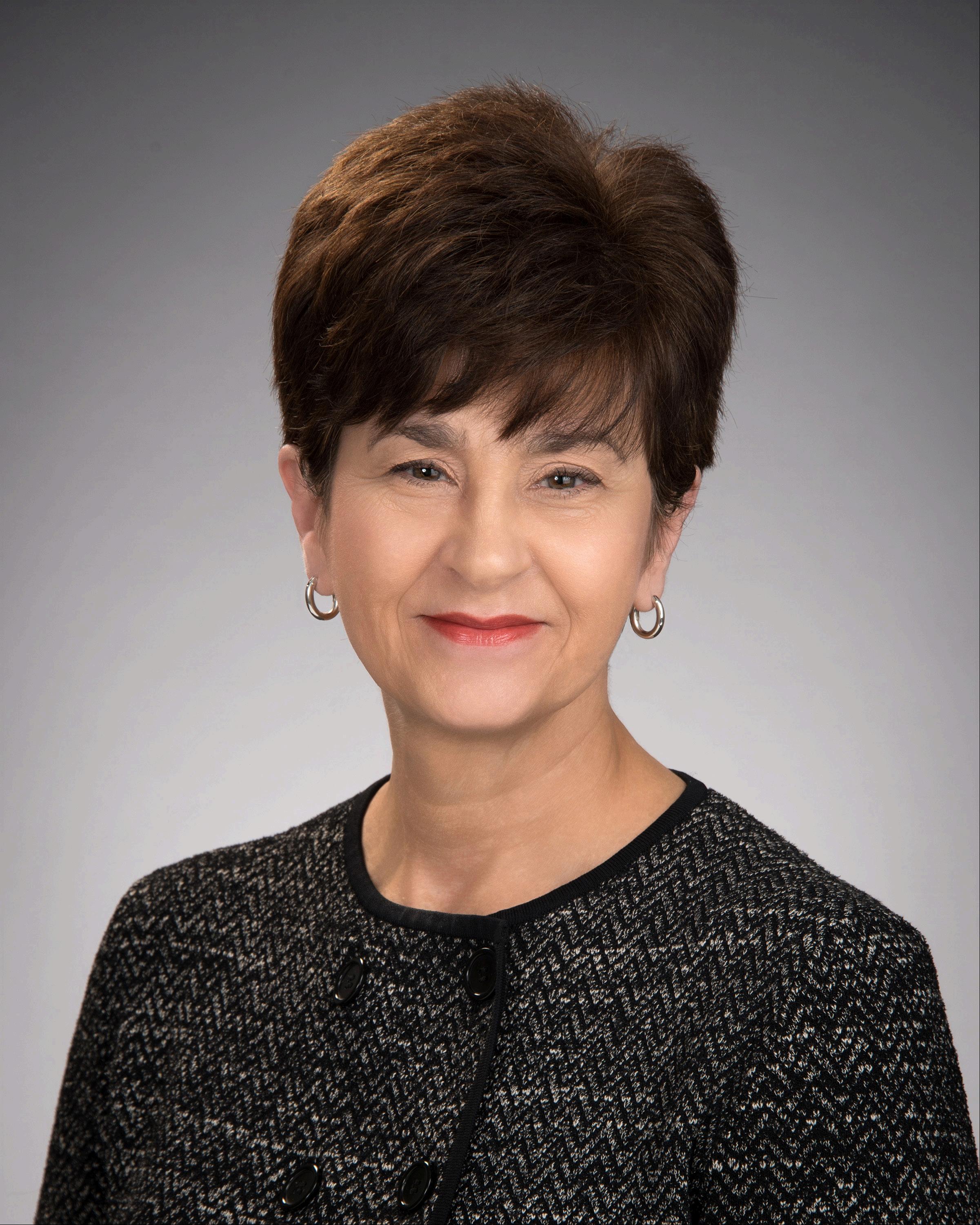
Dr. Lehman is currently an attending pediatric ophthalmologist at Wills Eye Hospital in Philadelphia, Pennsylvania and Nemours Children’s Hospital in Wilmington, Delaware. She is Emeritus Chief of Ophthalmology at Nemours Children’s Hospital. Her other appointments include Clinical Professor of Ophthalmology and Pediatrics. Dr. Lehman teaches ophthalmology fellows, residents, and medical students. Dr. Lehman is a past chair of the Executive Committee of the American Academy of Pediatrics Section on Ophthalmology. Dr. Lehman has special interest in cerebral/cortical visual impairment/brain-based visual impairment and has published and lectured nationally and internationally on this topic. She advocates for children with cortical visual impairment on a national level by participating in education, scholarship, and policy. She is a member of the NIH Working Group on CVI and a Board member of the Pediatric Cortical Visual Impairment Society.

Assistant Professor of Communication Sciences and Disorders, Speech-Language Pathologist
Penn State University (Harrisburg, PA)
Tara McCarty is a licensed speech-language pathologist and assistant professor in the Communication Sciences and Disorders program at Penn State University- Harrisburg. Prior to becoming faculty, Tara worked clinically in Missouri and Pennsylvania primarily in school-based settings for 7 years. Tara's research focuses on communication solutions for individuals with multiple disabilities and concomitant brain-based visual impairments, specifically cerebral/cortical visual impairment (CVI). Specifically, Tara investigates training for communication partners such as parents, paraeducators, and peers, as well as data collection and decision-making approaches to facilitate optimal AAC system design solutions for individuals with CVI.

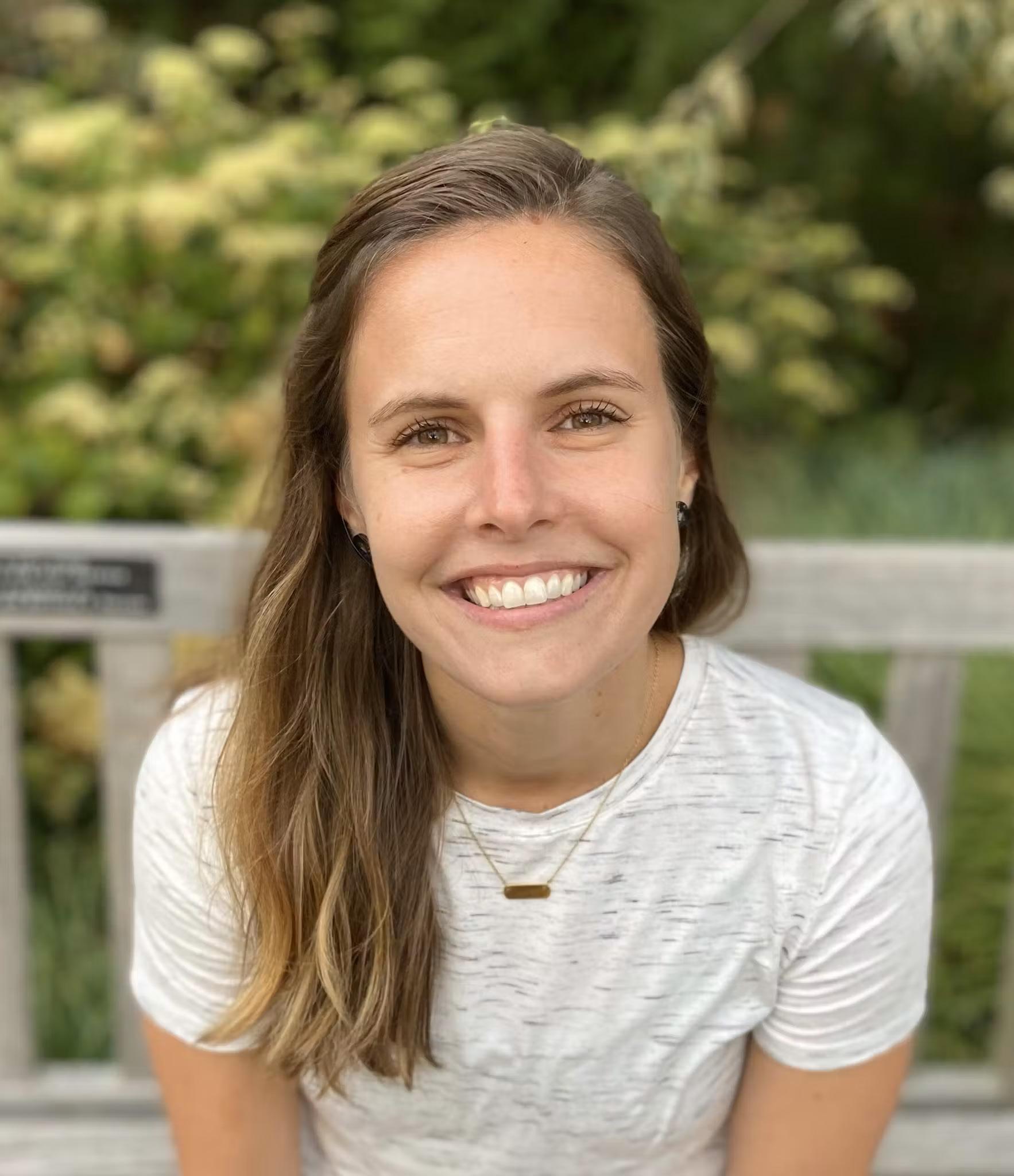
Independent Investigator
See CVI, Speak AAC (Tamaqua, PA)
Lynn’s foray into research around CVI and AAC was brought about by her daughter’s need for access, documented in an AJSLP paper (Wilkinson, et al., 2023) and continues with research on the utility of the CVI AAC Framework and how AI can assist AAC users (Wilkinson, et al, 2025). She is an invited


member of the NIH CVI Registry Expert Panel and contributes to research as an Independent Investigator. Lynn has presented at various conferences on CVI and AAC, serves on CVI counsels and is a Board Member of the Pediatric Cortical Visual Impairment Society.

The Watson Institute (Bridgeville, PA)
Allison is a Special Education Teacher at the Watson Institute Education Center South, where she has served in a variety of roles since 2011 and has held a teaching position since 2019. She earned dual teaching certifications in PreK–4 General Education and K–12 Special Education from La Roche University and
completed a Master of Education degree with an Autism Endorsement from Slippery Rock University in 2024. Allison is a TEACCH-certified educator, a recognized mentor for early-career teachers, and has supervised multiple student teachers in special education settings. Her professional focus centers on fostering effective collaboration within multidisciplinary teams and designing instructional practices that promote functional, meaningful learning experiences tailored to the diverse needs of students with disabilities.

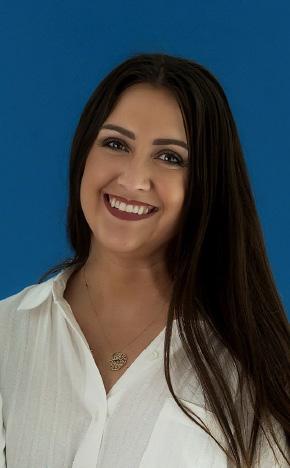

Teacher of the Visually Impaired, Certified Orientation & Mobility Specialist
The Watson Institute (Bridgeville, PA)
Carrie is an independent consultant at The Watson Institute, where she has worked for the past seven years following nine years as a classroom teacher at the Western Pennsylvania School for Blind Children. She holds a bachelor’s degree in Elementary
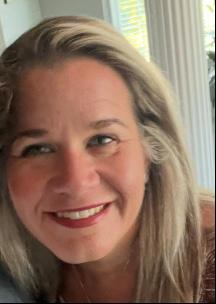

Education from Penn State and a Master’s in Education from the University of Pittsburgh. As a Teacher of the Visually Impaired, Carrie specializes in assessing and designing interventions for students with cortical or ocular visual impairments. Passionate about creating educational access for students with complex needs, she collaborates across disciplines to ensure meaningful adaptations and accommodations. Carrie also provides training on CVI characteristics, interventions, and the use of eye gaze technology for communication and power mobility.
Speech & Language Therapist, Assistive Technology Specialist
The Watson Institute (Bridgeville, PA)
Jackie has served at The Watson Institute for nearly 15 years, bringing advanced expertise in augmentative and alternative communication (AAC) and assistive technology. She holds undergraduate and graduate degrees from the

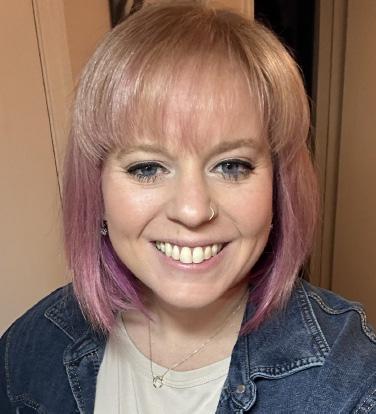
University of Pittsburgh and an Assistive Technology Specialist Certificate. Throughout her career, Jackie has designed and implemented high-technology programs that expand access for complex communicators. She is recognized for fostering effective multidisciplinary collaboration, building strong partnerships with staff, students, and families, and ensuring the successful integration of AAC across educational settings. Jackie has extensive experience mentoring student clinicians and new graduates in Speech Language Pathology, cultivating the next generation of practitioners. She has presented at statewide and national conferences, sharing evidence-based practices and innovative approaches to AAC and assistive technology. As a senior therapist, Jackie is respected for her leadership, professional excellence, and unwavering commitment to empowering individuals through communication.
Physical Therapist, Board Certified Pediatric Clinical Specialist
The Watson Institute (Bridgeville, PA)
Kathy has been a pediatric physical therapist for 29 years and is a Board-Certified Pediatric Clinical Specialist through the American Board of Physical Therapy Specialties. She earned her Master’s in Physical Therapy from the University of Pittsburgh and a Master of Science in Pediatric Therapy from the University of Oklahoma. At Educational Center South and The Watson Institute, Kathy provides comprehensive mobility and positioning evaluations, collaborating with teams and families to support students with complex needs. She has mentored new therapists, presented on mobility and positioning, and is passionate about helping children gain access and independence through effective therapeutic interventions.

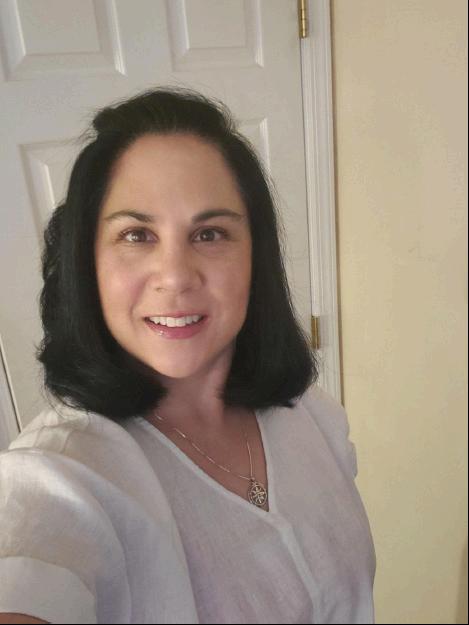

The Watson Institute (Bridgeville, PA)
Taylor is a licensed and board-certified Occupational Therapist with eight years of experience in pediatric and school-based practice. She holds a Master’s in Occupational Therapy from Saint Francis University and has served at The Watson Institute for seven years. Taylor specializes in sensory integration, feeding therapy, and functional skill development for students with complex needs. She collaborates closely with educators and families to promote independence through evidence-based, play-centered interventions. Passionate about mentoring future OTs, Taylor has presented on topics such as the SOS Approach to Feeding and fostering toileting independence. Her child-centered approach inspires confidence and growth in every student she serves.

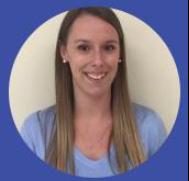
The Truhlsen Eye Institute – University of Nebraska Medical Center (Omaha, NE)
Dr. Legge has been interested in an improved understanding of children with CVI since beginning practice in 1991. This interest led to the formulation of the American Conference on Pediatric Cortical Visual Impairment, which has convened 9 times since 2012. He has served as the Program Director for each of these meetings. He completed a Residency in Ophthalmology at Boston University Medical Center, and a Neuro-ophthalmology Fellowship at Tufts – New England Medical Center.

Third-year Medical Student
University of Nebraska College of Medicine (Omaha, NE)
John is a third-year medical student interested in ophthalmology as a medical specialty. He joined Dr. Legge’s research study on CVI during his first year of medical school and helped jumpstart the Nebraska CVI Project. He received a degree in Biochemistry from Creighton University, and he was a recipient of the Walter Scott Jr. Scholarship Award prior to matriculating at the University of Nebraska College of Medicine.





Student, CVI para-athlete candite, CVI advocate
Janina has been obsessed with horses for as long as I can remember. Around the age of 15, she was diagnosed with Cerebral Visual Impairment (CVI). When she received her diagnosis, it became clear that she would no longer be able to compete alongside regular athletes. Still, she handed in her application to the International Equestrian Federation and was accepted. Then, shortly after, she was rejected without any further explanation. For the past year and a half, Janina been working hard to modify classification criteria and integrate CVI into Parasport. Although this road has been challenging at times, Janina has been inspired to fight for change so that athletes with CVI can find their place in parasport.
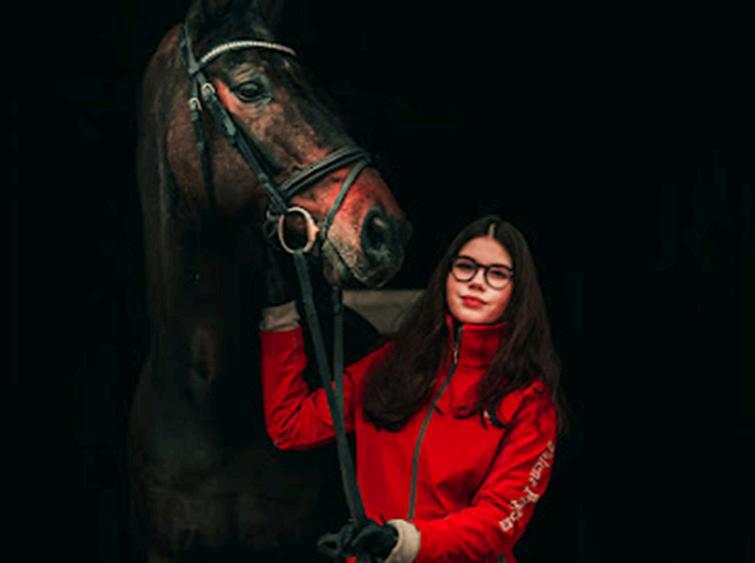
Directors, NeuroGenesis Pty Ltd
Trustees, The Red Balloon Foundation Non Profit Organization
Mothers of Children with Cerebral Palsy and Cortical Visual Impairment
NeuroGenesis Pty Ltd
The Red Balloon Foundation Trust (Johannesburg, South Africa)


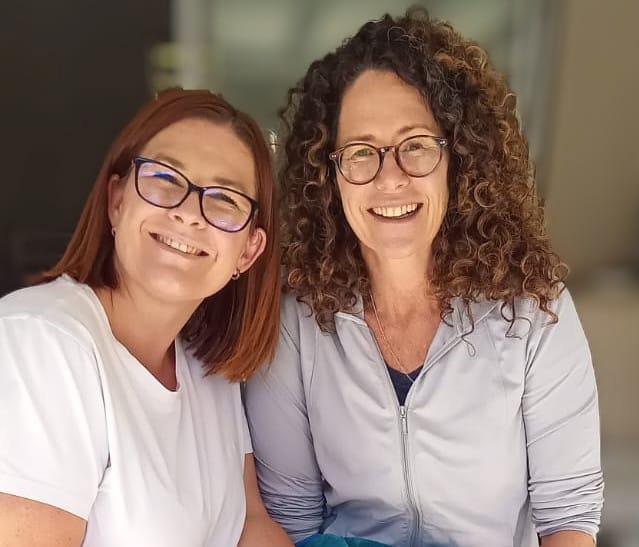
Terry and Antoinette are mothers of children with Cerebral Palsy and Cortical Visual Impairment. Prior to their children’s birth in 2013, Terry had built a career as a film producer and Antoinette worked in corporate as a Business Analyst. Their children’s diagnoses set them on a new path of learning and advocacy. In 2014, they began training in the Anat Baniel Method® (ABM) of NeuroMovement®, with Antoinette further pursuing CVI training through Perkins School for the Blind. Both later completed specialized CVI training with Dr. Christine Roman-Lantzy. In 2017 they opened NeuroGenesis in South Africa where they provide NeuroMovement to children with special needs as well as CVI assessments and interventions. Sadly, Antoinette’s son passed away in 2016, and they founded the Red Balloon Foundation in his honor to help bring ABM NeuroMovement and CVI awareness to underprivileged children in South Africa. Today they are the only NeuroMovement Practitioners on the African continent and travel both nationally and internationally to bring this modality to children throughout Africa whilst advocating for CVI awareness and providing CVI training.
Dawn J. Sowers, Ph.D., CCC-SLP
Florida State University (Tallahassee, FL)
Dawn is an Assistant Professor at Florida State University and an SLP. Her research focuses on supporting individuals with motor and speech disabilities who may benefit from the use of augmentative and alternative communication (AAC) technologies to support their everyday communication. Specifically, she is interested in system design including human centered and user driven uses of AI to support effective and efficient motor and visual access to AAC, in turn, prioritizing active participation in community, work, school, and leisure settings.
Senior Biostatistician
The Vision Center at Children’s Hospital Los Angeles (Los Angeles, CA)

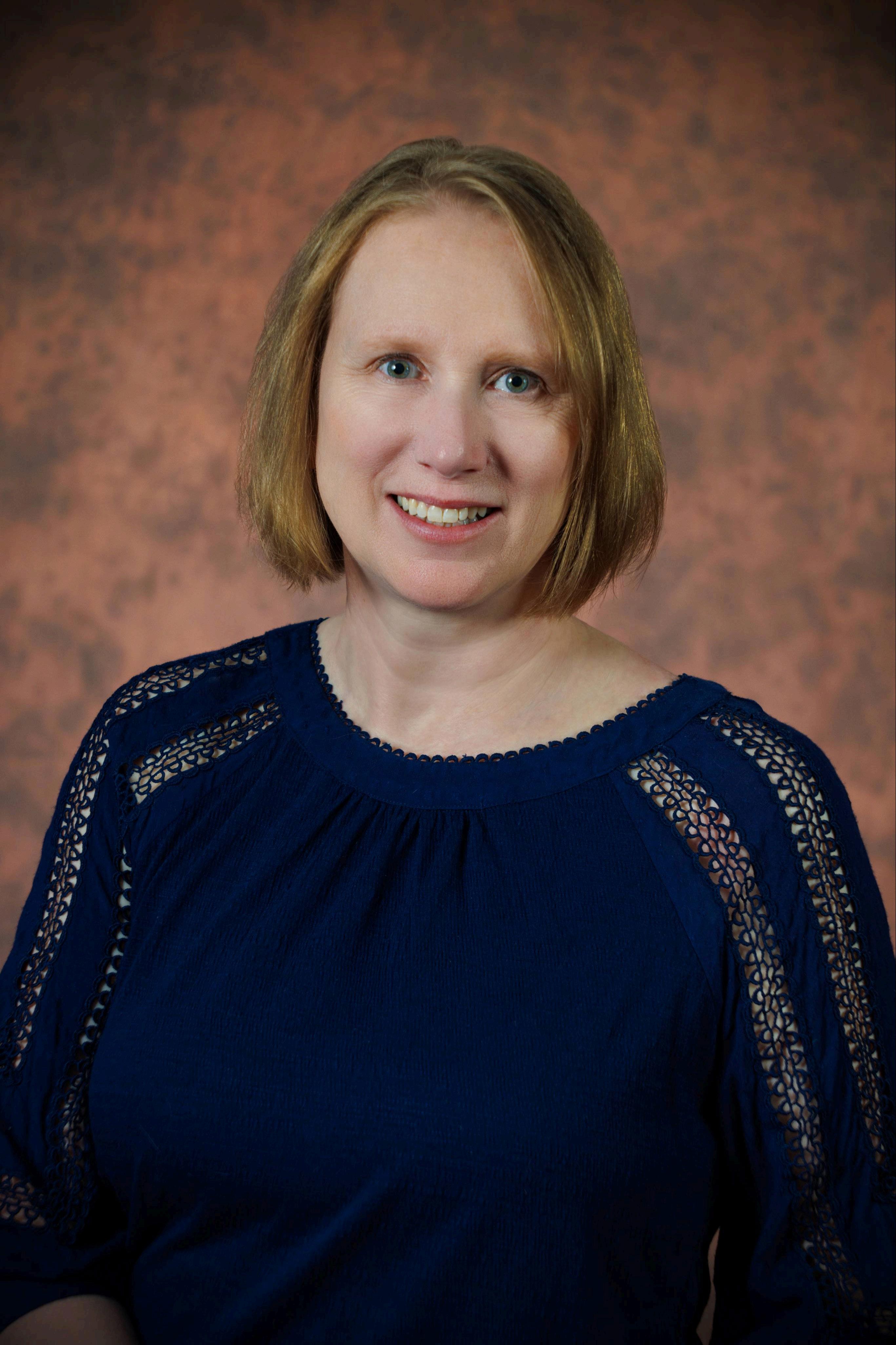

Born and raised in Escondido, California, Mark received degrees in Psychology from Stanford University, San Diego State University, and the University of Oregon. Throughout his academic and professional careers, Mark has explored how psychosocial experiences shape biological functioning and impact quality of life. His doctoral research examined genomic and environmental predictors of cortisol reactivity, including early life stress assessed via semi-structured interview. For nearly a decade, Mark taught undergraduate and graduate-level statistics and research methods at the University of Oregon and the UCLA Fielding School of Public Health, highlighting the importance of robust measurement and analysis in clinical research. He currently works as the Senior Biostatistician for both the Vision Center and the department of endocrinology at CHLA, where he proudly supports a dozen investigators working on diverse research projects, including the genomics of retinoblastoma, community-based participatory research for diabetes, and psychometric validation of assessments in Strabismus and CVI.

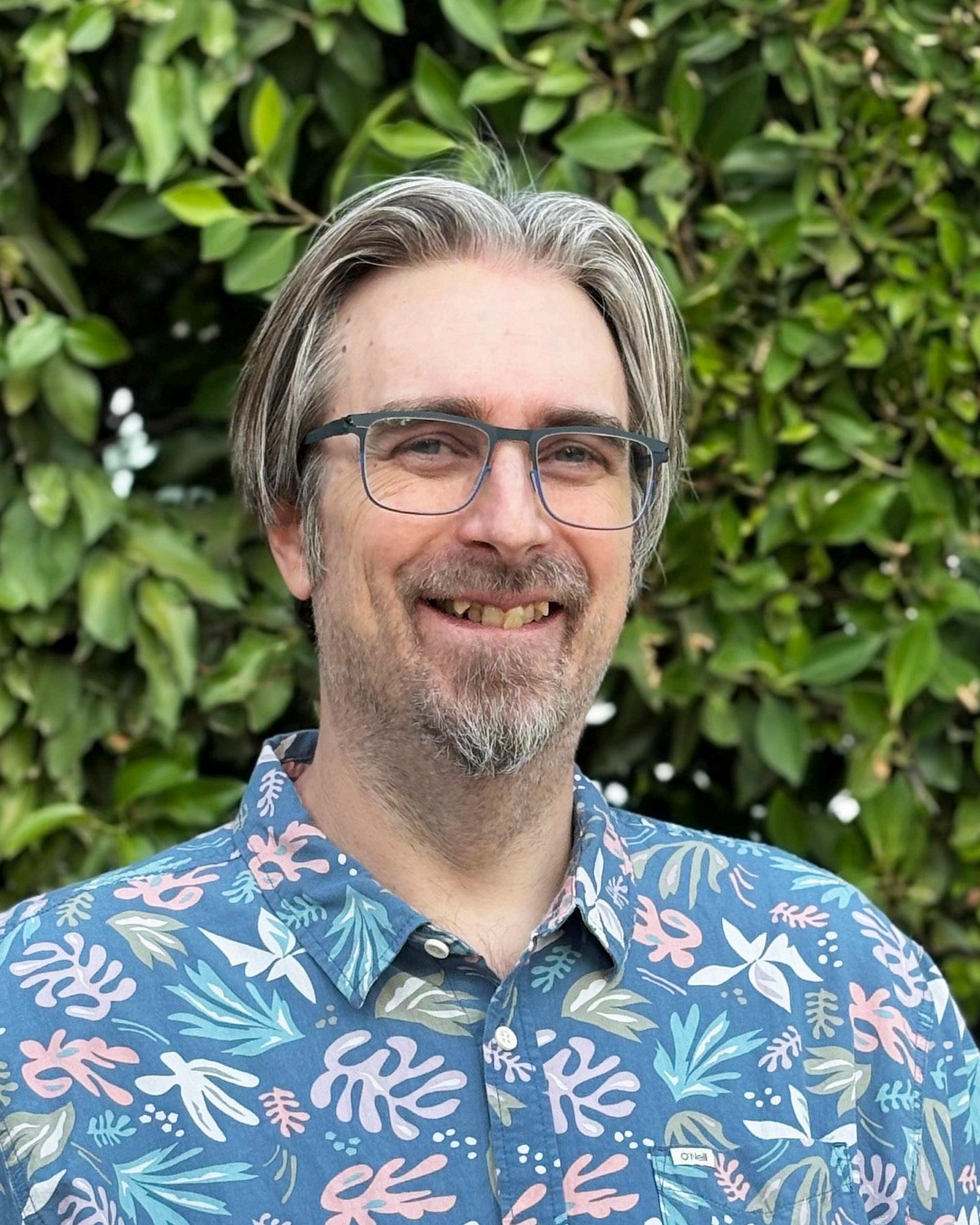
Teacher of the Visually Impaired (private practice)
Converge Behavioral Services (Rockville, MD)
Dr. Newcomb retired from the University of Maryland, College Park as an Assistant Research Professor. She has 30+ years of experience teaching infants and toddlers with disabilities, including 12 years providing technical assistance to young children with deaf-blindness, their families and service providers. In addition, she has taught a number of college courses including courses on assessment and intervention for children with CVI. Dr. Newcomb earned her Ph.D. at the University of Maryland in 2009 and holds certification in Early Childhood Special Education and in Visual Impairment. Her dissertation topic was on the reliability of The CVI Range. In addition to her work with children and families, Dr. Newcomb coordinated a number of grants at the University of Maryland, including family support projects focused on young children with disabilities and their families, and personnel preparation grants in early intervention. Dr. Newcomb is currently self-employed.
Owner and Director
Converge Behavioral Services (Falls Church, VA)

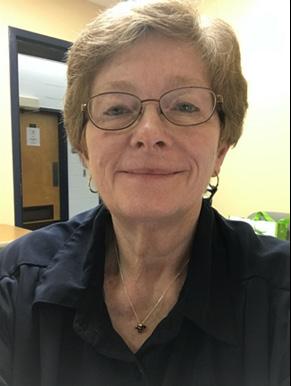

Kirsten Bade is a behavior analyst and owner of Converge Behavioral Services. She earned her degree in psychology with an emphasis in learning disabilities and K-12 special education teaching licensure in Virginia in 2008. She has worked with children, adolescents, and young adults with autism spectrum disorder, ADHD, Down Syndrome, Angelman Syndrome, Ogden Syndrome, CHARGE syndrome, traumatic brain injury, visual impairments, hearing impairments, and deafblindness. Kirsten has worked as an Applied Behavior Analysis (ABA) practitioner for over 20 years. Kirsten started her own practice in 2019 and is particularly passionate about active collaboration across disciplines to promote successful outcomes with her learners. She became an ABA provider for children with Cortical Vision Impairment and deafblindness in 2015. At that time, she was fortunate to develop close collaborative relationships with Dr. Sandy Newcomb, and the wonderful staff at the Maryland-DC Deafblind Project. These professionals helped her understand and implement strategies to provide all clients with the access they need to learn. Kirsten’s ABA practice is unique because it focuses on compassion over compliance and connection before correction. At Converge, we take a highly individualized, and flexible approach to improving behavior. We focus on positive reinforcement to teach skills, adapt treatment plans to an individual’s specific needs and environment, and use continuous data collection to track progress and ensure effectiveness.

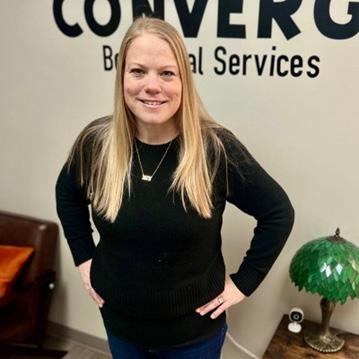
Clinical Director
Converge Behavioral Services (Falls Church, VA)
Alexandria Grant-Presser (she/her) is trying her best to manage being a mom of two, serving as a Clinical Director, and keeping her fiddle leaf alive. She holds a Master of Science Degree in Applied Developmental Psychology, specializing in Behavioral Health in Schools and Communities, and a certificate in Applied Behavior Analysis from the University of Pittsburgh. She is passionate about analyzing and creating environments that best serve children with multi-sensory impairments, dual diagnosis of Autism and ADHD, and those in the Black community. Her background encompasses a diverse range of experiences, including providing direct services and coaching on the application of behavioral analytic principles to support children across various environments, as well as creating professional development for schools and residential programs. Additionally, she has designed structures to promote play equity in Pittsburgh and completed her undergraduate internship at the Western Pennsylvania School for the Deaf. She’s excited to be back in the city that ignited her learning.

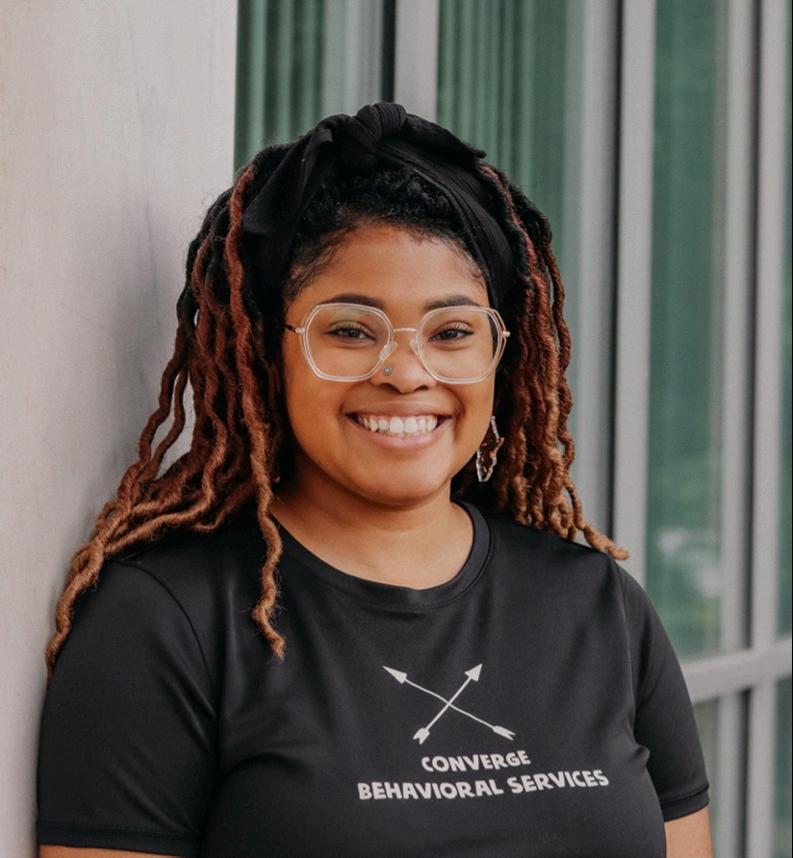

Parent, Perkins CVI Phase III Microcredential, Early Childhood & Elementary Educator, PreK-12 Reading Specialist, Trauma & Resilience Practitioner in Education
Director Little Red Preschool (Middleton, WI)
Angela is the parent of 3 wonderful children, each with their own unique medical needs and diagnoses. As an educator, trauma informed practitioner, director, and most importantly, as a mom, Angela has learned how to help others look deeper than the label and really see the intricacies of each individual.

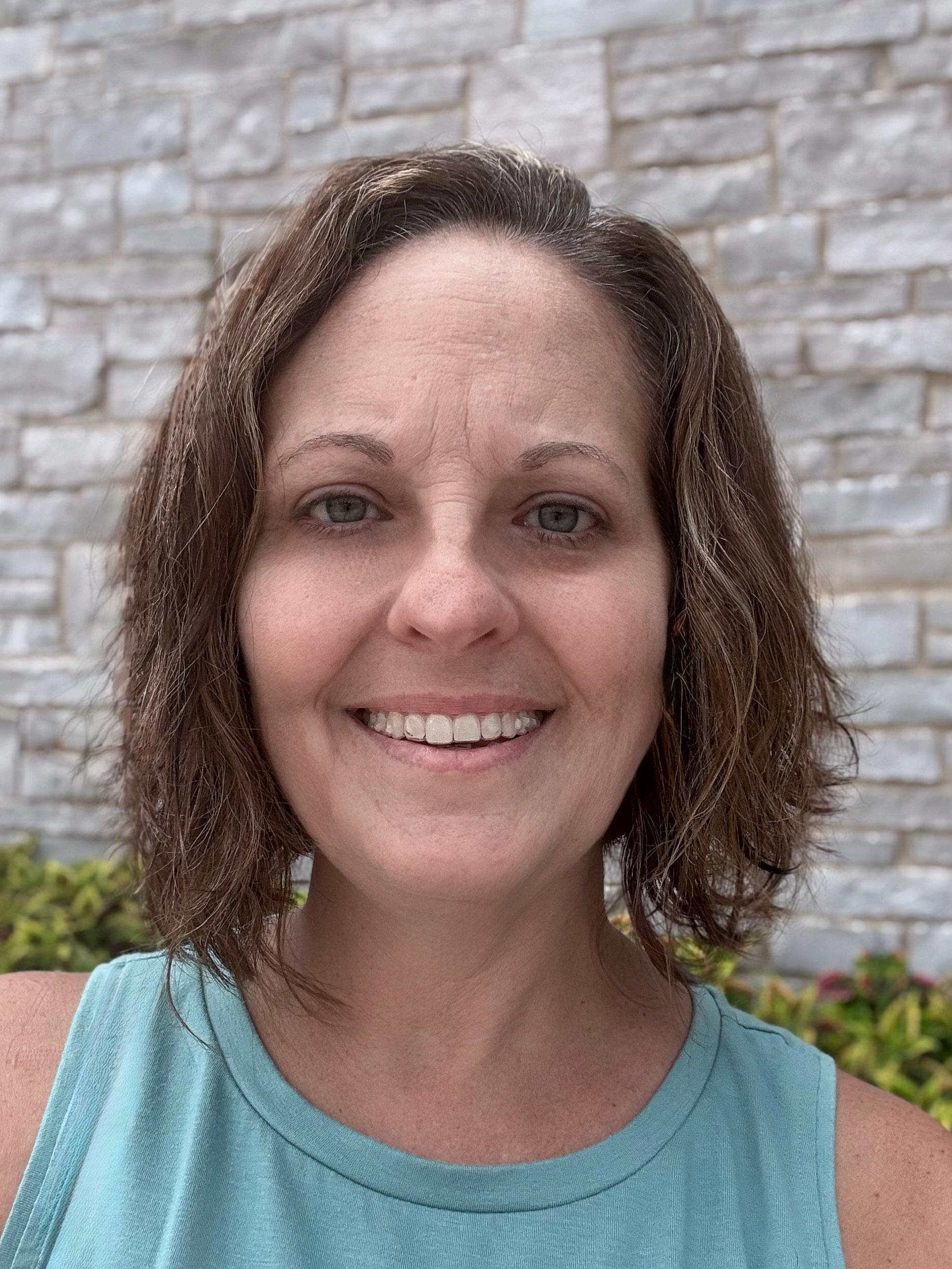

Business Director, CViConnect
LifeScience Technologies (Ypsilanti, MI)
Stephanie Steffer is the Business Director at CViConnect and one of the platform’s founding educators. She holds degrees in Special Education for the Visually Impaired and Early Childhood Education from Eastern Michigan University. Prior to her leadership role, Stephanie served as a Certified Teacher of the Visually Impaired for over a decade, specializing in supporting learners with Cortical Visual Impairment (CVI) from birth through age 26. Her passion for innovative CVI solutions began in her first teaching role in 2010 and continues to shape her work today. In addition to her professional experience, Stephanie was the inaugural Program Coordinator for the Visually Impaired Youth Camp at Lions Bear Lake Camp, a role she held for 12 years, helping to create accessible and empowering experiences for children with visual impairments.
TVI, Special Education Teacher, Instructional Coach
NYC Public Schools, Hospital Schools Department (New York, NY)

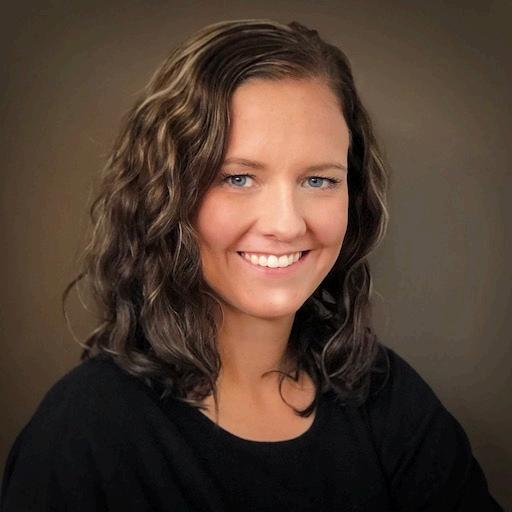
Chris Russell is a special education teacher, teacher of students with visual impairments (TVI), and instructional coach working with the New York City Public Schools’ Hospital Schools Department. He has provided extensive technical assistance to educational teams and agencies as the Project Coordinator for the New York Deaf-Blind Collaborative. Chris specializes in educational supports for students with complex care needs, deaf-blindness, and cortical visual impairment, and communication development for children with pre-symbolic communication and sensory impairments. He conducts training nationally on CVI Characteristics, Phases, Assessment and Intervention for professionals and families. He is adjunct faculty at Hunter College, CUNY, in the graduate programs for Blindness/Visual Impairment, and Childhood Special Education: Severe/Multiple Disabilities, and holds an additional master’s degree in Educational Leadership from Queens College, CUNY.




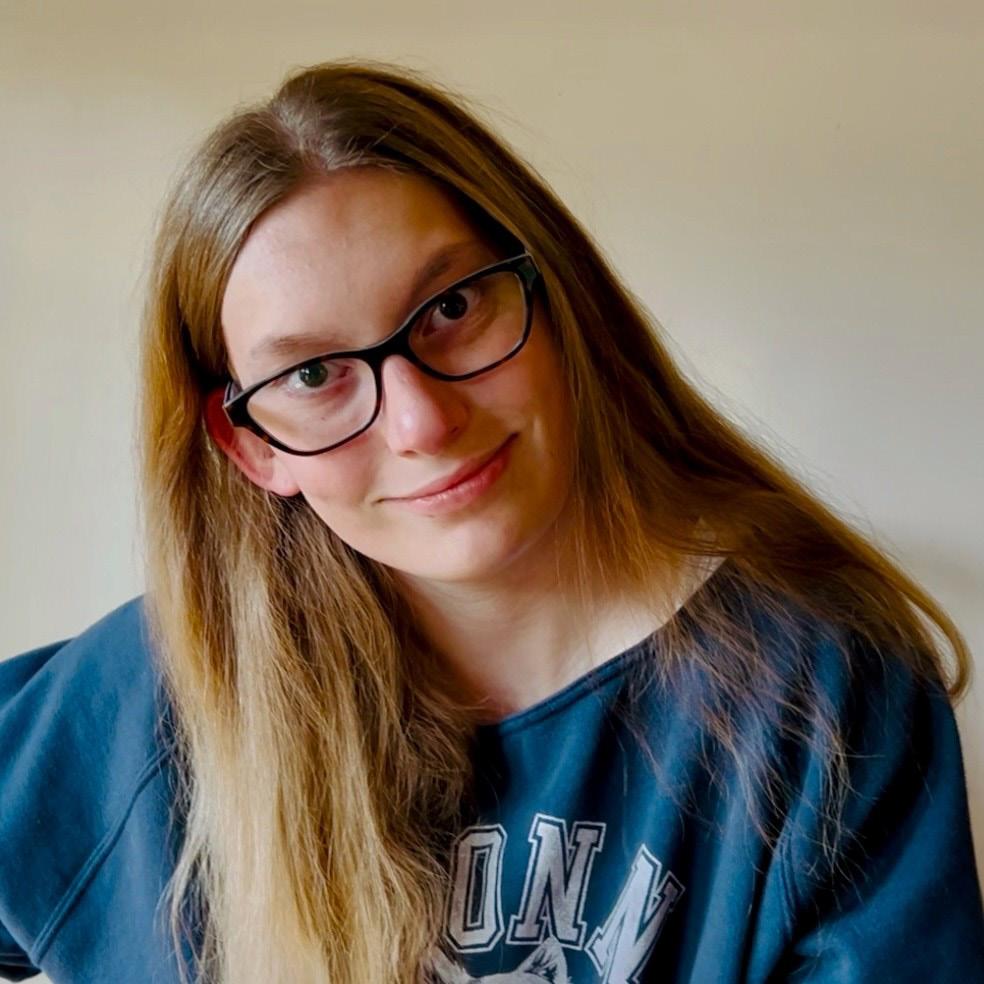
Eighth grade student
Evalyn is 14 years old and in 8th grade. She was born with a severe congenital heart defect and was hospitalized after birth. Evalyn first showed signs of a visual impairment as a baby. Her Teacher of the Visually Impaired in Early Intervention recognized the signs of Cortical Visual Impairment when she was only 5 months old, however she did not receive an official medical diagnosis of CVI until she was 6 years old. Evalyn currently receives vision services and Orientation and Mobility services at school. Evalyn joined the Real Talk support group in August of 2024 and has been attending ever since.
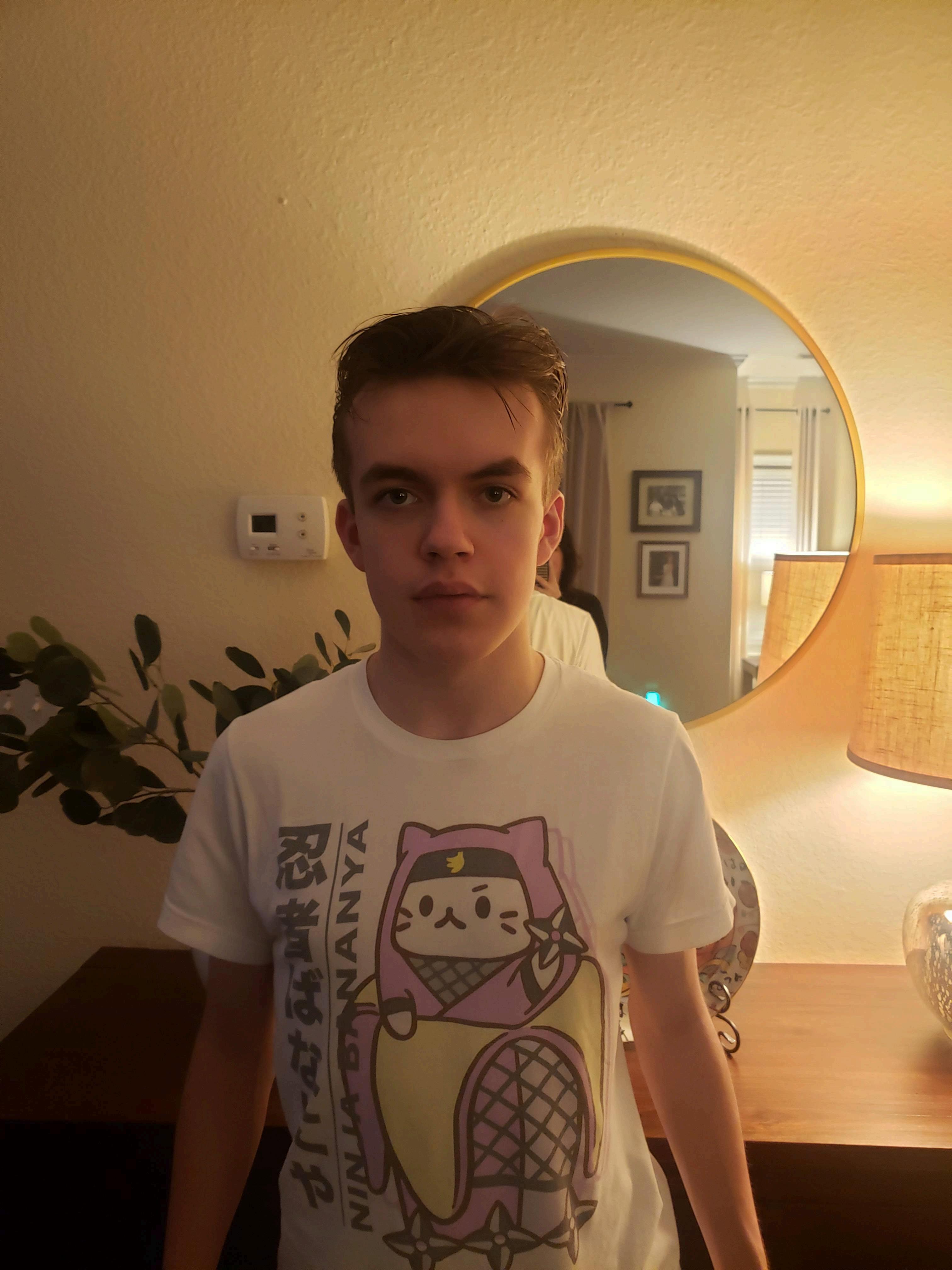

Tenth grade student
I was diagnosed with CVI at age 2. I began seeing Dr. Roman in January 2020 and have made a lot of progress since then. Because of CVI, I find new faces and new places challenging, but I still find ways to overcome the challenges presented. I've been part of CVI Real Talk from the beginning!



Grace received a CVI diagnosis at 8 months old, after her grandparents (an ophthalmologist and a pediatric nurse, respectively) noticed atypical visual behaviors and developmental delays. She was fortunate to receive early intervention services; however, it wasn’t until she was about four years old that her parents started to learn about the unique qualities of CVI and pursued tailored interventions. Grace is an honors student at her neighborhood middle school. She sings in a regional youth choir that performs with the NC Symphony, and she adores audiobooks. Grace is adventurous, and over the past year, she has enjoyed learning to ski and attending NASA Space Camp. Grace has been involved with Real Talk from the beginning, zooming into her first meeting in the summer of 2024.


I have had CVI for my whole life. I've lived on both coasts and we now live back home in the Pacific Northwest. Over the years my mom and I have worked hard to help other people, such as friends, teachers, providers, understand what it means to have CVI. I've been part of Real Talk since it started, over a year ago.

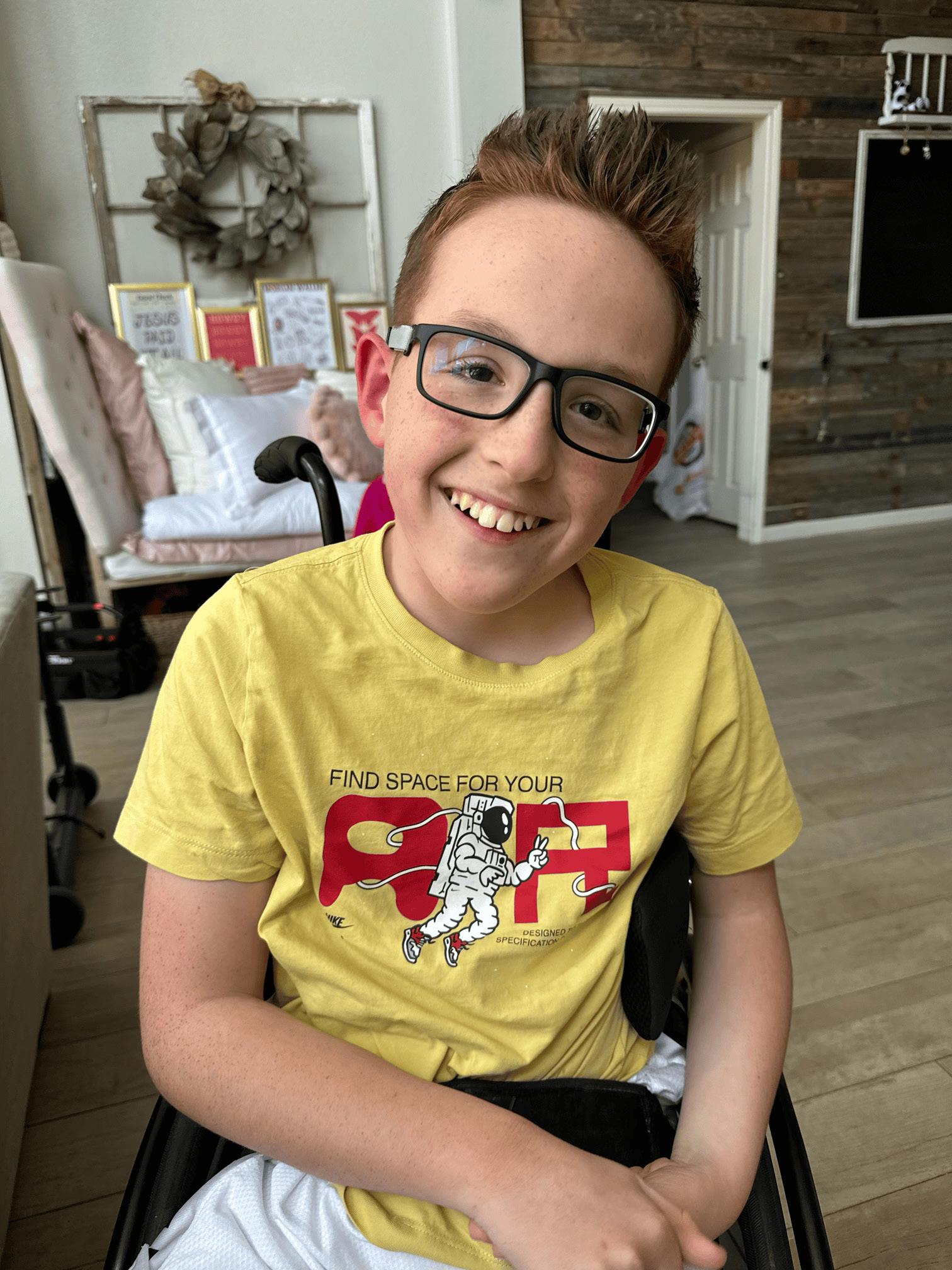

Kason Gabbard is a 13-year-old student from Dallas, Texas, living life to the fullest alongside his identical twin brother and older sister. Diagnosed with Cortical Visual Impairment (CVI) at just 10 months old, Kason has faced challenges with seizures, motor skills, and vision, yet continues to overcome obstacles with determination and resilience. Throughout his educational journey, he has worked to help others recognize his cognitive strengths and capabilities, despite frequent misunderstandings about CVI. Kason is passionate about basketball, collecting sports cards, and spending time with his family and church youth group. He is honored to share his story as part of Real Talk, using his experiences to inspire others and raise awareness about the potential of students with CVI.
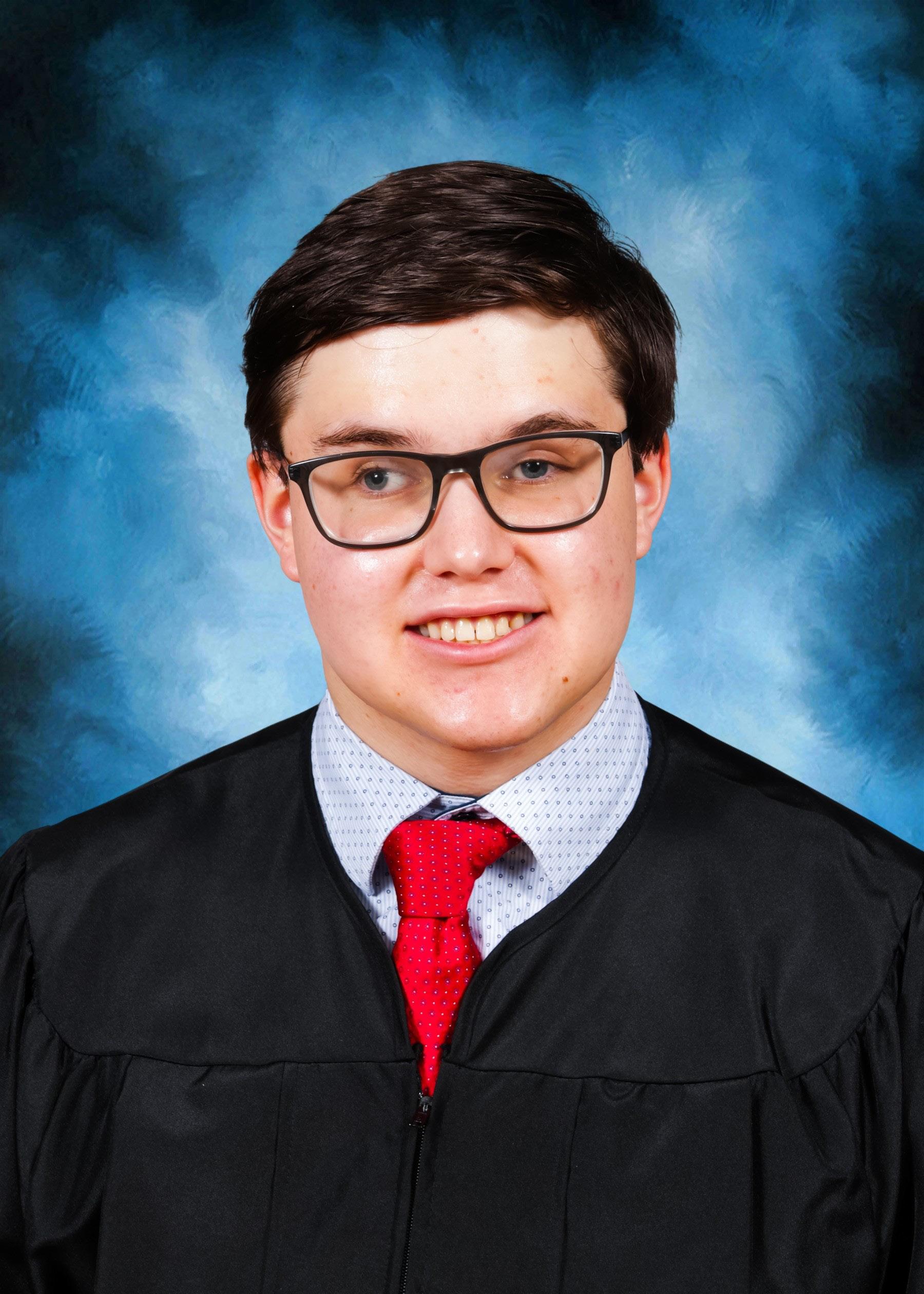

Noah Weinstein is a student at Haddonfield Memorial High School in Haddonfield, New Jersey. He is 18 years old and has been a part of Real Talk CVI since it started. Noah was diagnosed with CVI when he was 12 years old (6 years after developing CVI). He is currently a 6-7 on The CVI Range. Noah likes to play music, especially piano. He learns music by ear because it is too hard to see sheet music. He plays table games, such as Mega Monopoly, Catan, and Uno. Noah likes to help and advocate for others. He serves as a student representative for his town’s Human Relations Commission.

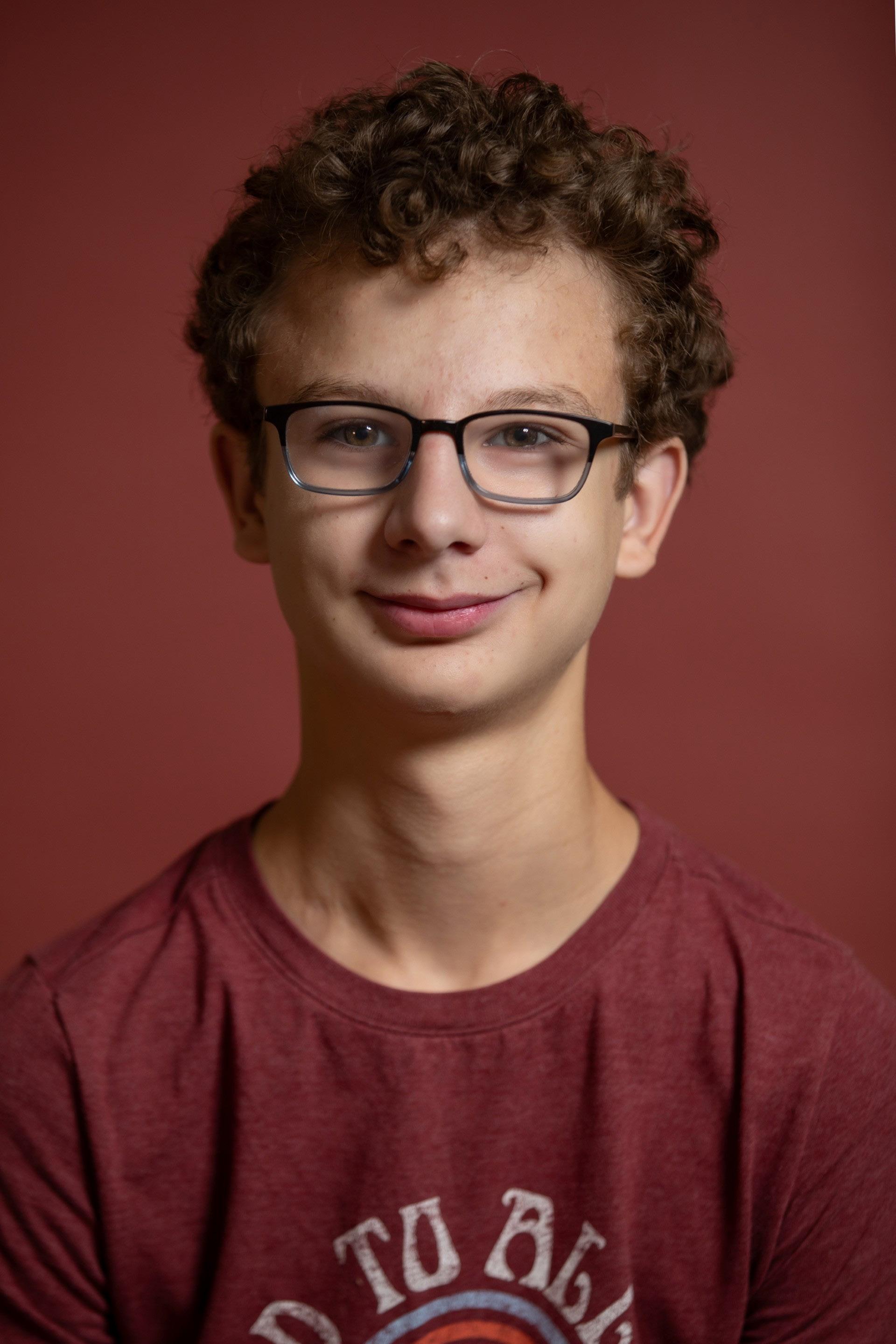
Tenth grade student
River Ryan-Endicott was diagnosed with acquired CVI at 10 months old. He's been involved with Real Talk CVI since its inception. He has made some good friends from Real Talk that he likes to text with and play video games with. River is deeply interested in technology. He loves collecting and trading devices, experimenting with smart home set-ups, and seeing how things connect together. He also loves music and is the reigning UNO champion in his house.

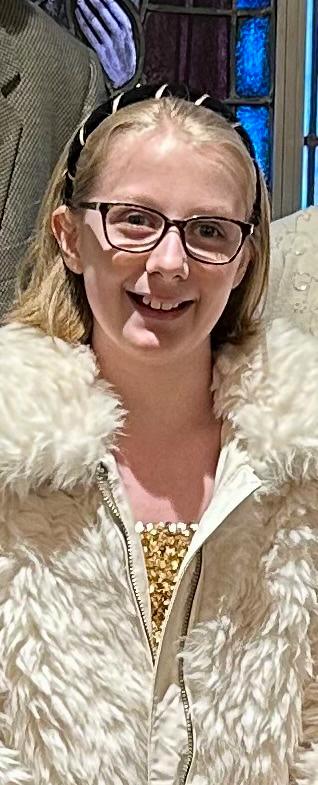

Eighth grade student
Sydney is a lifelong advocate for the visually impaired, participating in research studies and beta testing, leading workshop and case presentations, as well as presenting locally, nationally, and internationally on such topics as increasing CVI awareness, teaching the Nemeth code for CVI students, designing social robots for introducing visual impairments to the general population, and creating a website of teen life hacks for living with a visual impairment. In her free time, she enjoys mentoring younger students at her school and traveling around the world.



As owner and broker-in-charge of The Marquardt Group, Dan works as a strategic partner and commercial real estate advisor to organizations of all sizes, across many industries. His clients call him a responsive, straightforward communicator – this can be helpful in the board room or the IEP meeting. His exposure to deep-tech companies through Blue Lake Venture Capital gave him the perspective and confidence to advocate for his daughter, a teenager with CVI, to build a strong foundation in technology and rapidly advancing assistive tools. Earlier in his career, Dan worked as an engineer in space propulsion and military jet engines for Pratt and Whitney and in real estate site operations for IBM. He has an MBA (real estate/entrepreneurship concentration) from UNC’s Kenan-Flagler Business School and an undergraduate mechanical engineering degree from Purdue University, which he credits with teaching him to be a systematic problem solver.
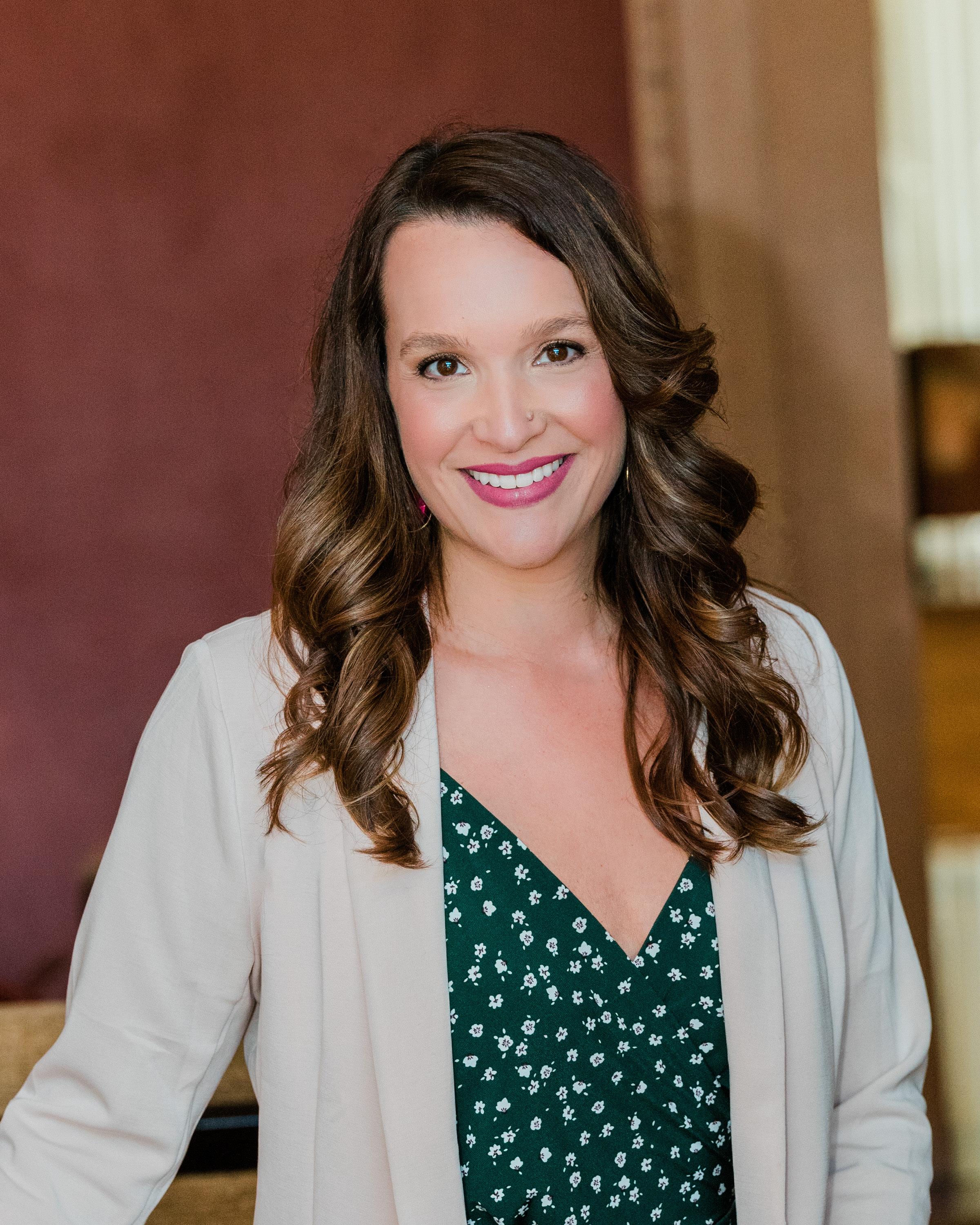

Executive Director, Pediatric Cortical Visual Impairment Society
Like many parents of children with CVI, Jessica has embraced the mission to advocate for her daughter and the growing population of people with brain-based visual impairments. After spending nearly 14 years in communication roles at a global software technology company, Jessica had the opportunity to make CVI advocacy her professional focus. Over the years, she has enjoyed connecting with CVI stakeholders as a content creator for Perkins School for the Blind’s CVI Now website, host of the Kaleidoscope CVI podcast, and conference speaker. Jessica has an undergraduate degree in journalism from UNC-Chapel Hill and a master’s degree in organizational communication from NC State University. She has held corporate leadership roles in marketing, branding, and internal and executive communication.


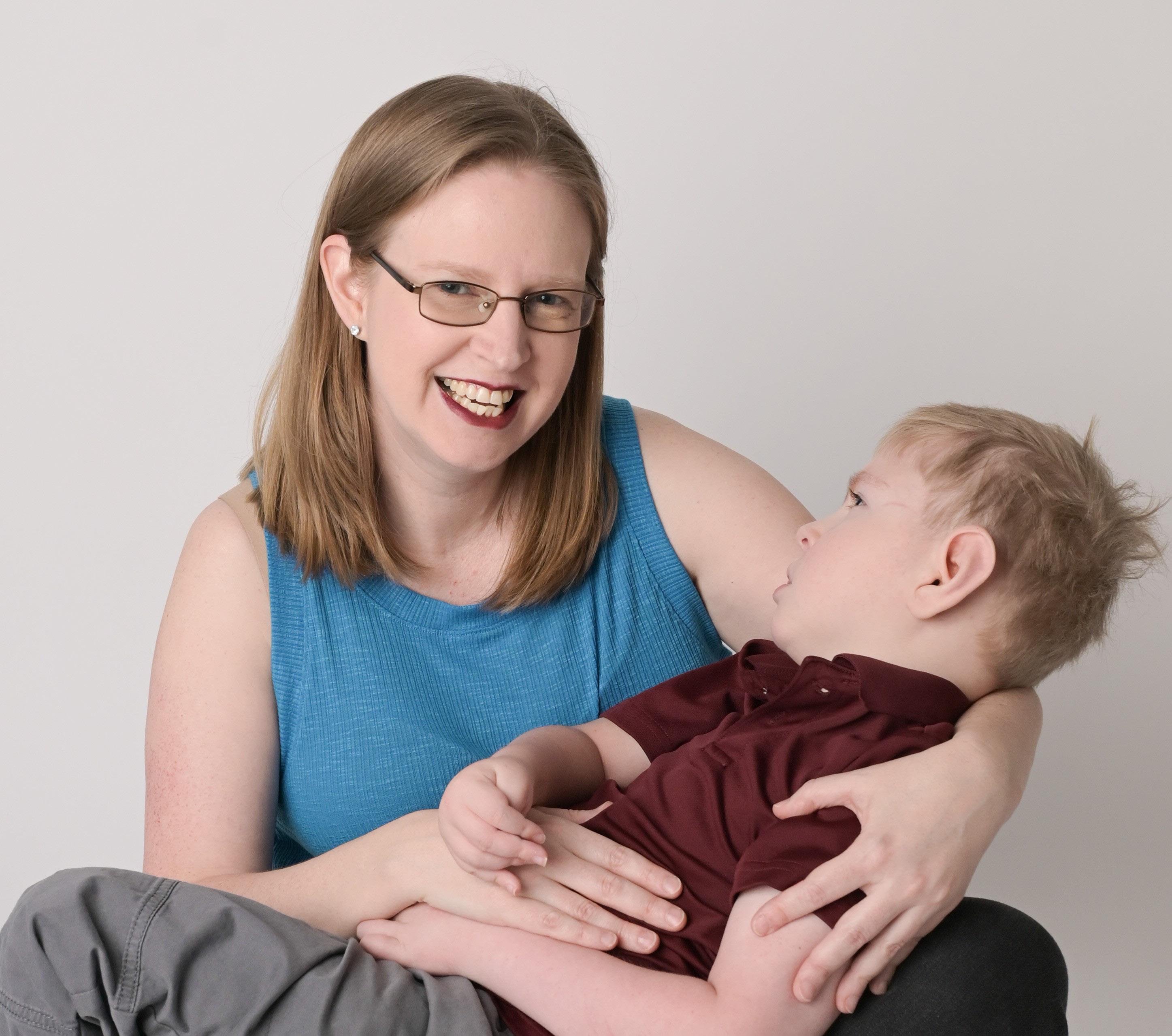
Sr. Supply Planner, Honeywell/Solstice Advanced Materials; Pediatric CVI Society
Kathryne Hart is a mother of three, supply planner at Solstice Advanced Materials (a Honeywell spin-off), and passionate CVI parent advocate. Her oldest child acquired CVI after Infantile Spasms caused by a rare genetic disorder, sparking her advocacy for better awareness and services. Since attending the American Conference on Pediatric Brain-Based Visual Impairment in 2018, Kathryne has helped bring the first CVI training to Louisiana, graduated from Partners in Policymaking, and served on Louisiana’s State Interagency Council for Early Steps—two years as Chair. Kathryne continues to speak at education and legislative meetings on early CVI identification and inclusion. She is also a Board Member of the Pediatric Cortical Visual Impairment Society. Her greatest reward is hearing that her advocacy helped another child get the support they deserve.

Innovation on Display: A Longitudinal Look at One Family's Progress towards CVI Accessible Augmentative and Alternative Communication (AAC)
Presented
by: Tara
V. McCarty, Ph.D., CCC-SLP , Melanie J. Cozad, Ph.D.
Melanie J. Cozad, Ph.D.
Melanie is a health economist with expertise in medical decision making, advanced statistical methods, and cost analyses. Her research focuses on improving patient outcomes and the quality of care for individuals with chronic
Description: This poster will visually display a timeline that highlights the ongoing changes to the three domains of the CVI/AAC framework as illustrated by Melanie and Addie's experiences with designing an individualized AAC system. Specifically, the timeline will show a) changes to Addie's individual characteristics, b) changes made by communication partners, and c) changes to Addie's AAC system across time, all of which led to functional communication and participation outcomes. and terminal illness. Currently, she is developing and studying the useability of mobile health applications for people with rheumatoid arthritis and metastatic breast cancer. She also has conducted empirical research on the implications of the concurrent care policy under the Affordable Care Act for terminally ill children. Her most notable accomplishment is being a mother to four children, whose spunky personalities keep her laughing and second guessing what she knows. The current focus of her work is to apply her expertise to refine and improve the design of Addie’s (her youngest daughter’s) Augmentative and Alternative Communication (AAC) system to improve her communication and speech production, so she can tell jokes and advocate for herself.

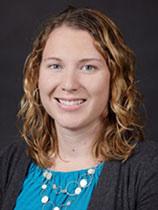

Comparing Functional Vision Assessments (FVA) for Cortial/Cerebral Visual Impairment (CVI) and Ocular Visual Impairment (OVI): Understanding Accurate Evaluation
Presented by: Ruqian Huang, Ed.D., TVI
Description: This research compares Functional Vision Assessments (FVAs) for Ocular Visual Impairment (OVI) and Cortical/Cerebral Visual Impairment (CVI), emphasizing their differing approaches and implications for educational practice. Traditional FVAs focus on eye health using standardized tools and low vision kits, while CVI assessments, such as the Perkins Protocol and the CVI Rang, address brain-based visual processing through highly individualized, context-driven evaluations. Highlighting 16 CVI-specific characteristics, the paper underscores the need for dynamic, collaborative assessments that reflect the variable visual behaviors of individuals with CVI. The goal is to promote more accurate, meaningful evaluations and interventions for this growing population an provide educators with practical insights for transition planning, IEP development, and classroom accommodations
Teacher of the Visually Impaired
Vista Center for the Blind and Visually Impaired
Ruqian Huang is a TVI specializing in CVI. With over 30 years of experience in both the United States & China, she combines expertise in Braille literacy,
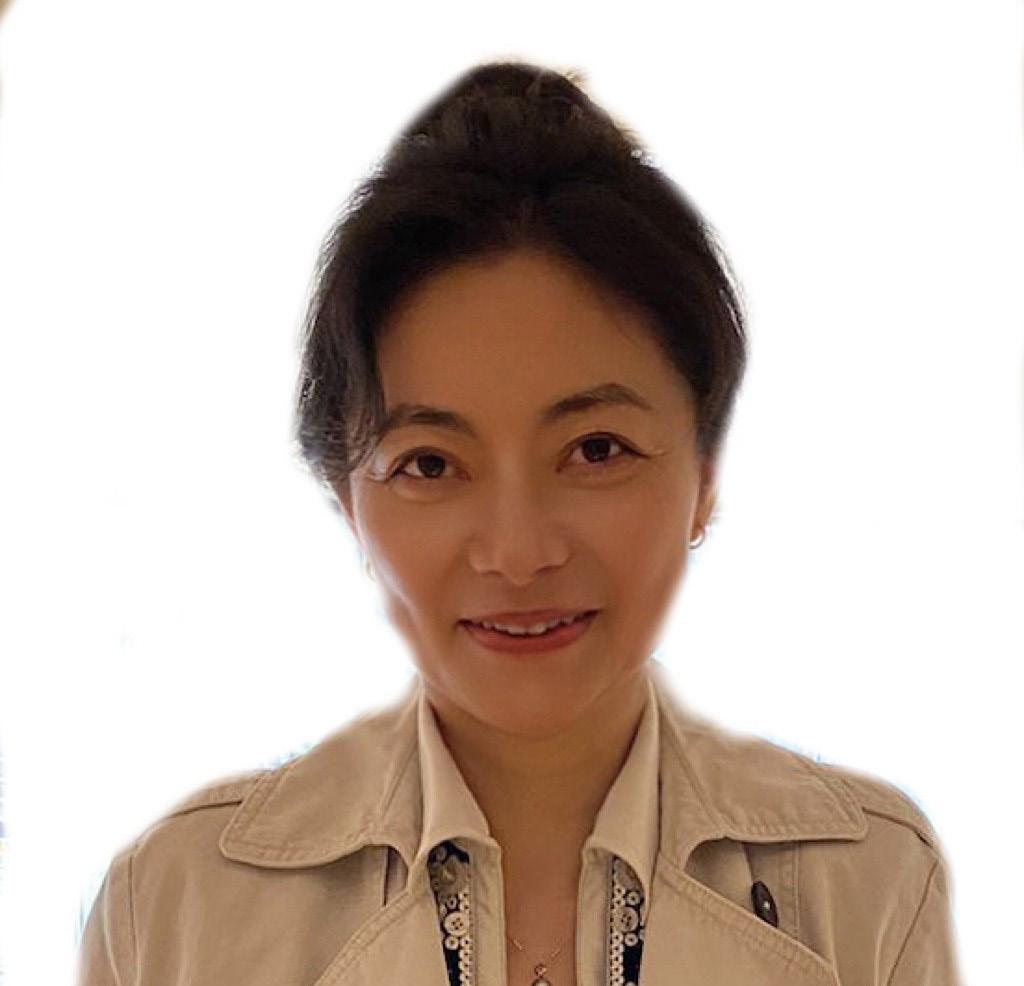

Assistive Technology, and CVI-informed instruction to support access and independence for students with visual impairments. As an internationally focused researcher, she is currently working on a Deafblind International research project. A 2017 alumna of the Perkins Educational Leadership Program (ELP), Ruqian's formal study of CVI began in 2016 during the Perkins ELP, where she trained under Dr. Christine Roman. Since then, she has been deeply engaged in CVI practice and research and introduced the CVI visual behavior characteristics and the CVI Range to practitioners in China and was the first TVI in the field of blindness education in China to do so. Ruqian recently immigrated to the U.S. and now serves as the only in-person TVI with Vista Center supporting San José Unified School District. She is certified in the Perkins CVI Protocol, and advocates for establishing a CVI Awareness Day in California. The poster examines the comparison of FVA for students with CVI and OVI.

Christine Roman-Lantzy, Ph.D., worked as an itinerant teacher of the visually impaired in the greater Pittsburgh, PA, area for 17 years prior to becoming a Research Assistant in the Vision Studies Program at the University of Pittsburgh. While at Pitt, she completed studies in Orientation & Mobility and


received a master’s degree in Medically Fragile/High-Risk Infants. Her doctoral studies were also completed at Pitt; her dissertation, Validation of an Interview Instrument to Identify Behaviors Characteristic of Cortical Visual Impairment in Infants, revealed that caregivers of infants can reliably report regarding the presence or absence of the characteristics of CVI. Christine is a former Project Leader of the CVI Project at The American Printing House for the Blind in Louisville, KY. She has lectured extensively regarding the CVI educational materials she has developed. She is a nationally renowned researcher and author, with published resources including: The CVI Range, an assessment of functional vision, and The CVI Resolution Chart & CVI/O&M Resolution Chart, used to plot and monitor progress. She is author of Cortical Visual Impairment: An Approach to Assessment and Intervention and Cortical Visual Impairment: Advanced Principles.
Jonathan has worked in general and special education classrooms across the United States and U.S. Territories, and specializes in providing visual access for children with cortical visual impairment. In 2017, he established a vision
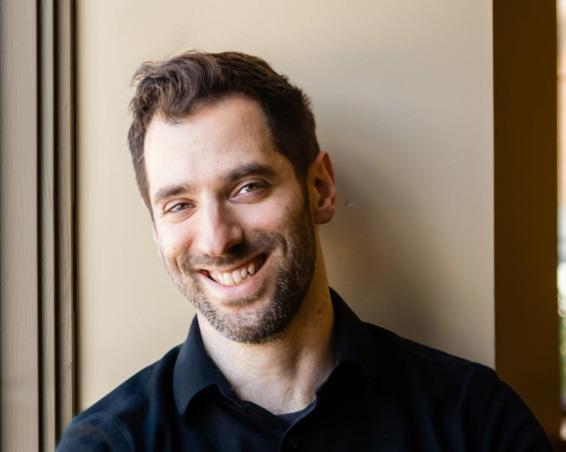

intervention program for children with CVI in Dubai, UAE, providing assessment and training to families, teachers, and therapists in the region. At Pediatric VIEW, Jonathan works to support educational teams to learn more about appropriate approaches to educating students with CVI, including developing CVI-friendly environments and activities, and modifying instructional strategies. Jonathan has presented at conferences internationally, and developed trainings on CVI across a broad range of topics. He is a board member of the Pediatric Cortical Visual Impairment Society, and he holds a Master of Education in Vision Studies from the University of Massachusetts, Boston.
Francesca Crozier-Fitzgerald, M.S., M.Ed.,
Francesca Crozier-Fitzgerald, MS, MEd is a CTVI and a Pediatric VIEW Practitioner. She has devoted her career to providing assessment, instruction and support to individuals with CVI, their families and

Pediatric VIEW Practitioner
Jonathan Hooper has over a decade of experience working with learners who have visual impairments, including cortical visual impairment (CVI), blindness, low vision, deafblindness, and learners with complex needs. Although he began his career as a reading teacher, he has taught in
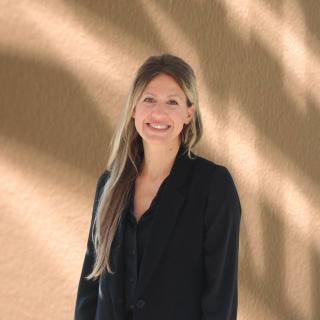

their teams. She has enjoyed working with students in a variety of settings, including the classroom, itinerant/outreach models, and through home-based services. She serves as Co-President of the Board of Pediatric Cortical Visual Impairment Society and is a Perkins-Roman CVI Range Endorsee. Before coming to The Children’s Home, Francesca was the Director of the Miami Lighthouse CVI Collaborative Center, where she initiated the model providing assessment, educational planning, parent education, professional development and support for teams working with children with CVI. She has particular interest in building strong literacy foundations, designing meaningful daily routines and social experiences, and creating appropriate and fair access to all areas of the Expanded Core Curriculum for children with CVI.

specialized schools for the blind, public and private schools, early intervention programs, and general education classrooms. After teaching in New York City Public Schools for 12 years, he joined Pediatric VIEW at the Children’s Home of Pittsburgh, where he works as part of Christine Roman’s team. A graduate of Vanderbilt University, he has published research in the Journal of Visual Impairment and Blindness and Exceptional Children on developing evidence-based strategies for Braille instruction and the use of tangible symbols as augmentative and alternative communication (AAC). He is passionate that students with visual impairments receive equitable and accessible educational experiences.
The Children’s Home of Pittsburgh

As the coordinator for Pediatric VIEW, Gina keeps the program running smoothly. She manages scheduling for practitioners, coordinates meetings, and ensures that every detail (from daily logistics to complex conference planning) comes together seamlessly. Gina is the first touchpoint for families who reach out inquiring about services from Pediatric VIEW. Before joining Pediatric VIEW, Gina worked as a daycare director, healthcare administrator, and church music director. She holds a degree from Seton Hill University in Music Education as well as a Daycare Director Certification from Carlow University. A lifelong Pittsburgher who grew up just a few blocks from The Children’s Home, she brings warmth, organization, and heart to her work. Gina is known for her ability to anticipate the needs of both families and the Pediatric VIEW team. She is the backbone of the team and an essential part of everything Pediatric VIEW accomplishes.

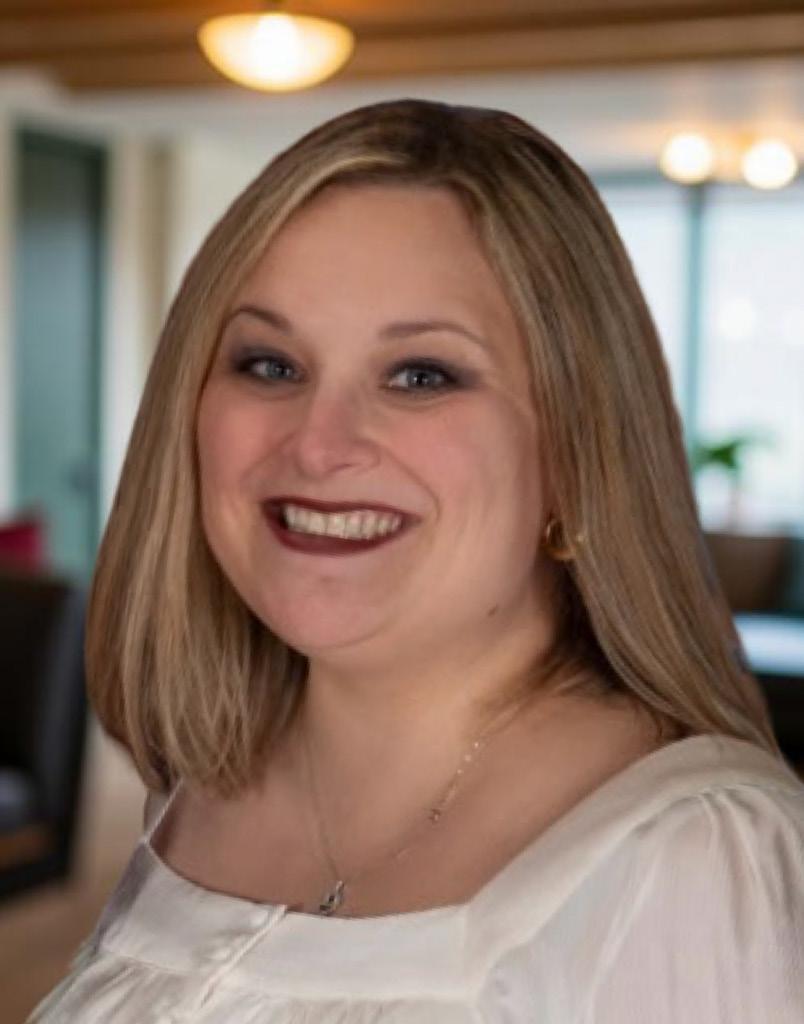


Pediatric VIEW began in 1999 as an extension of NICU follow-up programs in a Pittsburgh-based hospital. It has been continually administered by Dr. Christine Roman-Lantzy, growing from a local program to one that serves families worldwide. Most families seek a CVI Range, which is a functional vision assessment designed to determine the impact of CVI. A written report is then developed as an action plan of targeted interventions and accommodations to support use of functional vision across a child’s daily routines.
The Pediatric VIEW Program is dedicated to helping children with CVI develop and learn by: promoting awareness of CVI, identifying those who are at risk for this visual impairment, collaborating with professionals working with children with CVI to improve outcomes in literacy, numeracy, development, and CVI advocacy.
The Pediatric VIEW Program of The Children’s Home offers functional vision assessment, consultation with families, and collaboration with educational and medical providers. Appointments can be scheduled for individuals from birth to age 21.
If you have questions about your child’s vision, please contact PediatricVIEW@chomepgh.org, or call 412-441-4884.



Our Purpose
The Children’s Home of Pittsburgh, established in 1893, is an independent, nonprofit organization with a mission to promote the health and well-being of infants and identifying unmet needs and delivering care to children that establish and strengthen the family.
Our Programs
Adoption & Permanency
• Infertility, adoption, and post-adoption counseling
• Placement of children in transitional care homes, foster homes, and adoption
Child's Way Daycare
• Pediatric extended care center offers alternative or supplement to in-home nursing and therapy care for medically fragile children birth to 21
The Pediatric Specialty Hospital
• Only Pennsylvania hospital offering this unique and critical resource
• Family-oriented care in comfortable, home-like atmosphere
• Education and support for families to transition their child from hospital to home with confidence, tools and equipment
Pediatric VIEW
• CVI (cortical visual impairment) is the leading cause of visual impairment among children worldwide and often missed or misdiagnosed
• Provides CVI Range, a functional vision assessment to determine impact of CVI, create action plan of targeted interventions and accommodations to support functional vision across child’s daily routine
• Offers an extension of follow-up programs that services families worldwide
Counseling
• Counseling services that create a holistic culture of healing and help.
Therapy Services
• A cohesive continuum of care for children, where our therapists, teachers, and nurses work together with families to optimize a child’s individualized plan and progress.
Our Impact
No family leaves our Hospital with a bill
• Adoption has placed more than 7,000 infants into permanent, loving homes
• Child’s Way: Served 465 children and counting
• Pediatric Specialty Hospital: In over 3 decades of operation, served more than 5,665 children



The Children’s Home of Pittsburgh Pediatric VIEW

The Children’s Home of Pittsburgh
PEDIATRIC VIEW

Pediatric VIEW, led by Dr. Christine Roman-Lantzy, is comprised of a team of experts committed to supporting children with cortical visual impairment (CVI), the leading cause of pediatric visual impairment in all developed countries. Individuals with CVI often have eyes that function normally, but the brain cannot interpret the visual world. CVI is a brain-based visual impairment affecting the brain's ability to process visual information. Children with CVI may have healthy eyes, but their brains have difficulty interperting the visual world.

The CVI Range Proficiency is a credential for professionals who evaluate and assist children with CVI using The CVI Range. Applicants are required to submit a portfolio demonstrating their work with existing students, their skill in applying The CVI Range, and their tailored interventions based on assessment outcomes. It’s designed for a wide range of professionals working with students with CVI, including teachers, therapists, and specialists in various fields related to education and support.

1. Increase practitioner accuracy and competency in administering The CVI Range.
2. Enhance practitioner competency in interpreting CVI Range results.
3. Utilize CVI Range results in program planning.
4. Improve service quality and educational access for children with CVI.
5. Recognize professionals with CVI-specific skills.
6. Contribute to special education curriculum standards that support visual access.
7. Foster interdisciplinary collaboration to enhance visual access for children with CVI.
• Recognition for expertise and dedication to helping children with CVI.
• Inclusion in The CVI Range Proficiency public registry.
• A certificate of achievement and CVI Proficiency credentials (CVIR-AP, CVIR-SP).
• A lapel pin symbolizing the accomplishment.
• Continuous mentorship and support from Pediatric VIEW.
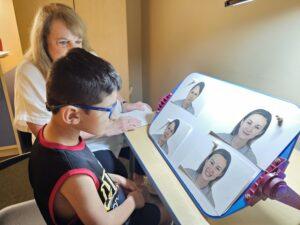
The CVI Range Proficiency is a versatile credential that enables professionals from various fields to showcase their expertise in evaluating and providing visual support to students.
For example:
A feeding specialist may develop a portfolio with visual aids for feeding and enhancing the student’s visual interaction.
A literacy expert might design resources tailored to a student’s reading level, incorporating the 10 Characteristics of CVI.
These tracks differ largely based on whether a professional will directly conduct The CVI Range, or whether they will work to support students who have received a CVI Range score. Professionals can select the track that best fits their work with individuals who have CVI.

The CVI Range Assessment Proficiency (CVIR-AP) as a marker of competence for those who perform The CVI Range assessment, including Teachers of the Visually Impaired, Orientation and Mobility specialists, and other Related Service Providers who have learned to administer The CVI Range.
The CVI Range Service Proficiency (CVIR-SP) is a designation for professionals who do not conduct The CVI Range as part of their professional duties but who may incorporate information gleaned from The CVI Range into their practice.
Scan the QR code, or visit childrenshomepgh.org/cvi-application to complete the application form. For questions about The CVI Range Proficiency, email CVIRange@chomepgh.org For more information and how to apply:

PEDIATRIC VIEW

The Children’s Home of Pittsburgh 5324 Penn Avenue, Pittsburgh, PA 15224
CVIRange@chomepgh.org 412-441-4884
We are so grateful that you have joined us at the 2025 Innovations in CVI conference. We come from all parts of the world, but our shared mission of advocacy for individuals with CVI unites us. In today’s climate of tightening budgets and competing priorities, your commitment to this work by being at our conference speaks volumes. We hope your experience at this year’s conference is not only a positive one but also inspires you to find ways to move the CVI agenda forward in your local communities. Through collaboration, we know that we will continue to drive real change for individuals with CVI, and we look forward to continued partnership with each of you in the future.
To stay up to date with post-conference communications, CVI resources and upcoming events, please use the QR code below to follow our Pediatric VIEW Program on our Facebook Group page.


The Children’s Home of Pittsburgh